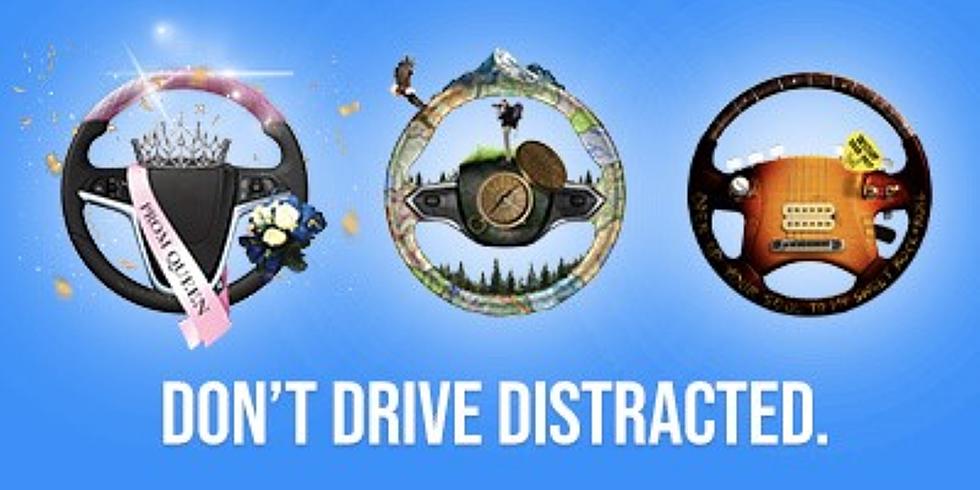Adults Outnumber Teens in Texting and Driving [AUDIO]
Adults may harp on teens for texting and driving, but a report finds older drivers are more likely to use their phones behind the wheel.
According to research by the AAA Foundation for Traffic Safety, adult drivers between the ages of 25 and 39 were the most likely to admit engaging in the risky behavior.
Forty-three percent of drivers, aged 25 to 39, reported using their phones fairly often or regularly while driving, and motorists aged 40-59 said they did it regularly 30 percent of the time.
Conversely, only 20 percent of 16- to 18-year-old drivers, and 27 percent of 19- to 24-year-olds, reported being on their phones in the driver's seat.
"We have this other age segment, the 25- to 39-year-olds, that are continuing to multitask behind the wheel, and unfortunately setting really bad examples for younger children and their teens," said Tracy Noble, spokesperson for AAA MidAtlantic.
Noble said many younger drivers have had the "don't text behind the wheel" message hammered into them since adolescence.
She said texting for older drivers is particularly dangerous, since many of them could have children in the car with them picking up the dangerous habit.
"These kids are now learning this behavior, and unfortunately at some point mimic the adults they are seeing," said Noble.
Younger drivers are still somewhat more likely to text or email often, as opposed to sporadically, behind the wheel. Eleven percent of drivers aged 19-24 and 10 percent of those aged 25-39 reported doing that, as opposed to only four percent of motorists from ages 40 to 59 and seven percent of drivers between 16 and 18.
The report also found 88 percent of respondents believe distracted driving is a bigger problem than it was three years ago. Nearly all said texting or emailing behind the wheel is a serious threat.
"Everybody always seems to think it's the other person; it's not me that's the threat, it's the other guy on his phone over there," said Noble.
Noble said if need be, teens will have to set the example for parents.
"Let the teens be the ones to call their parents out on it and take the phone, or make the parent seem uncomfortable," said Noble.
More From 92.7 WOBM









